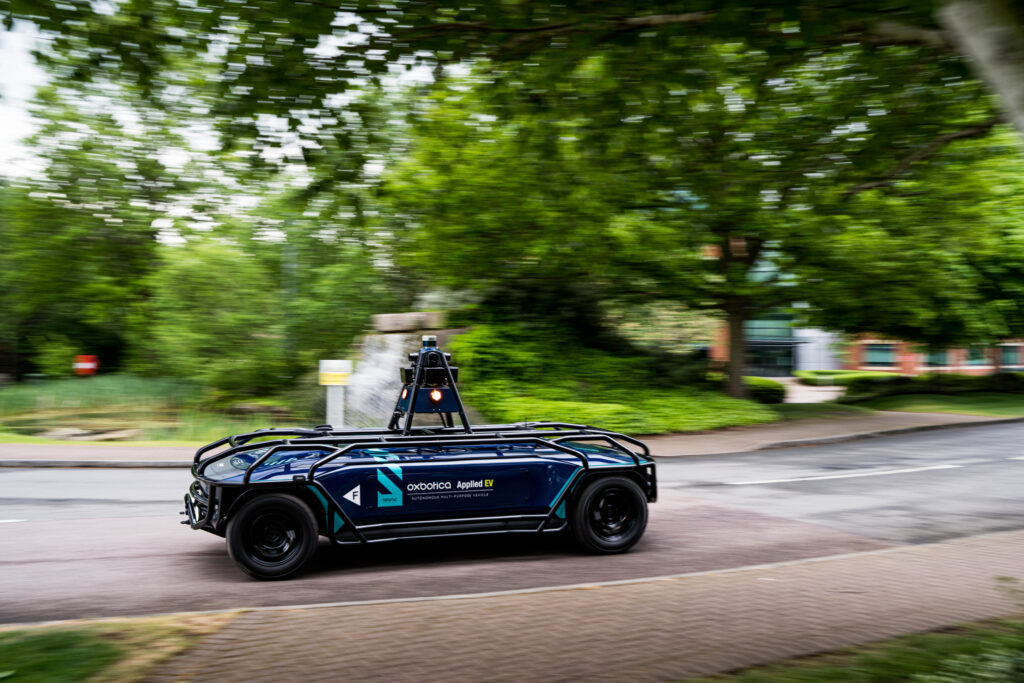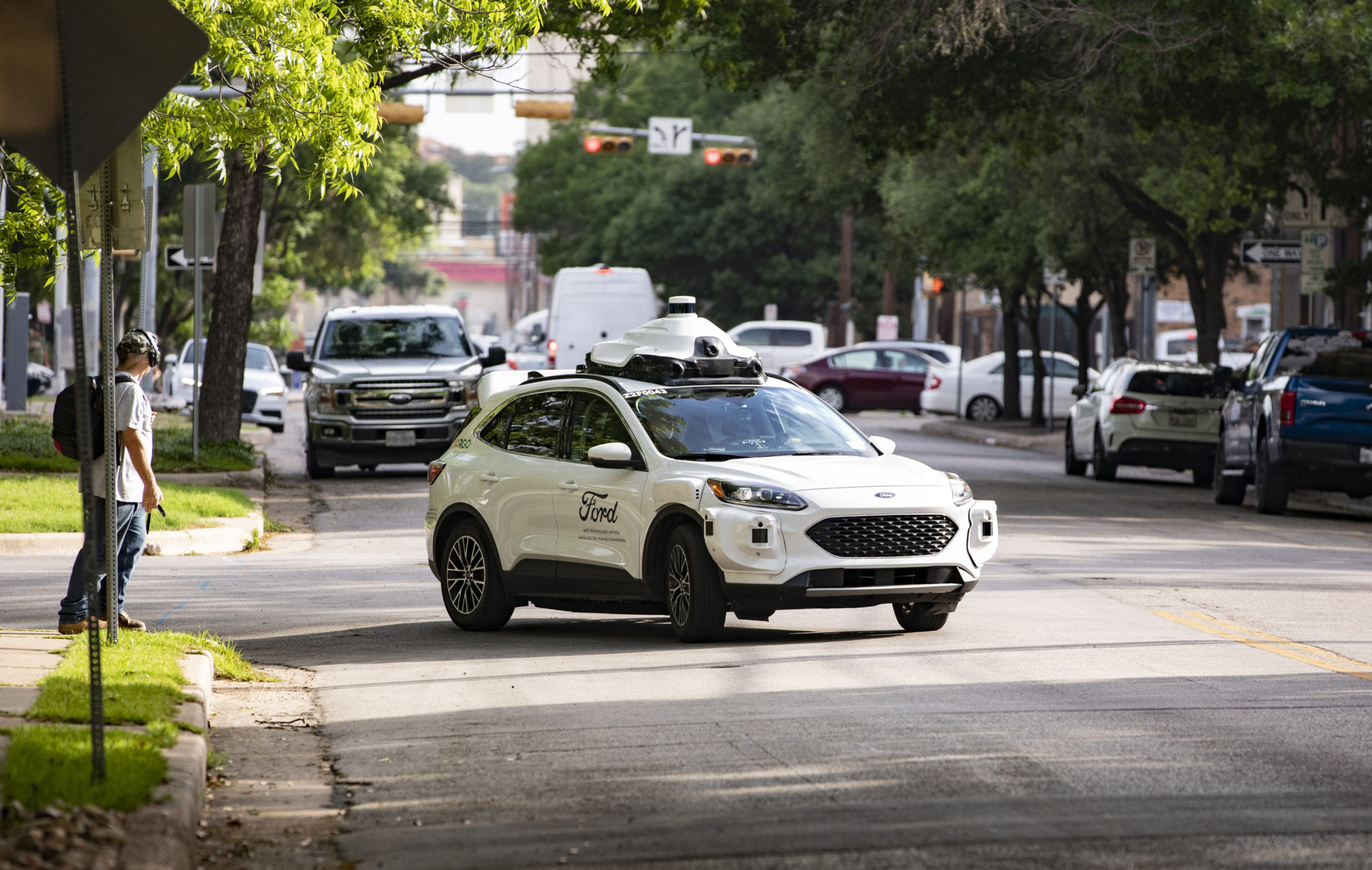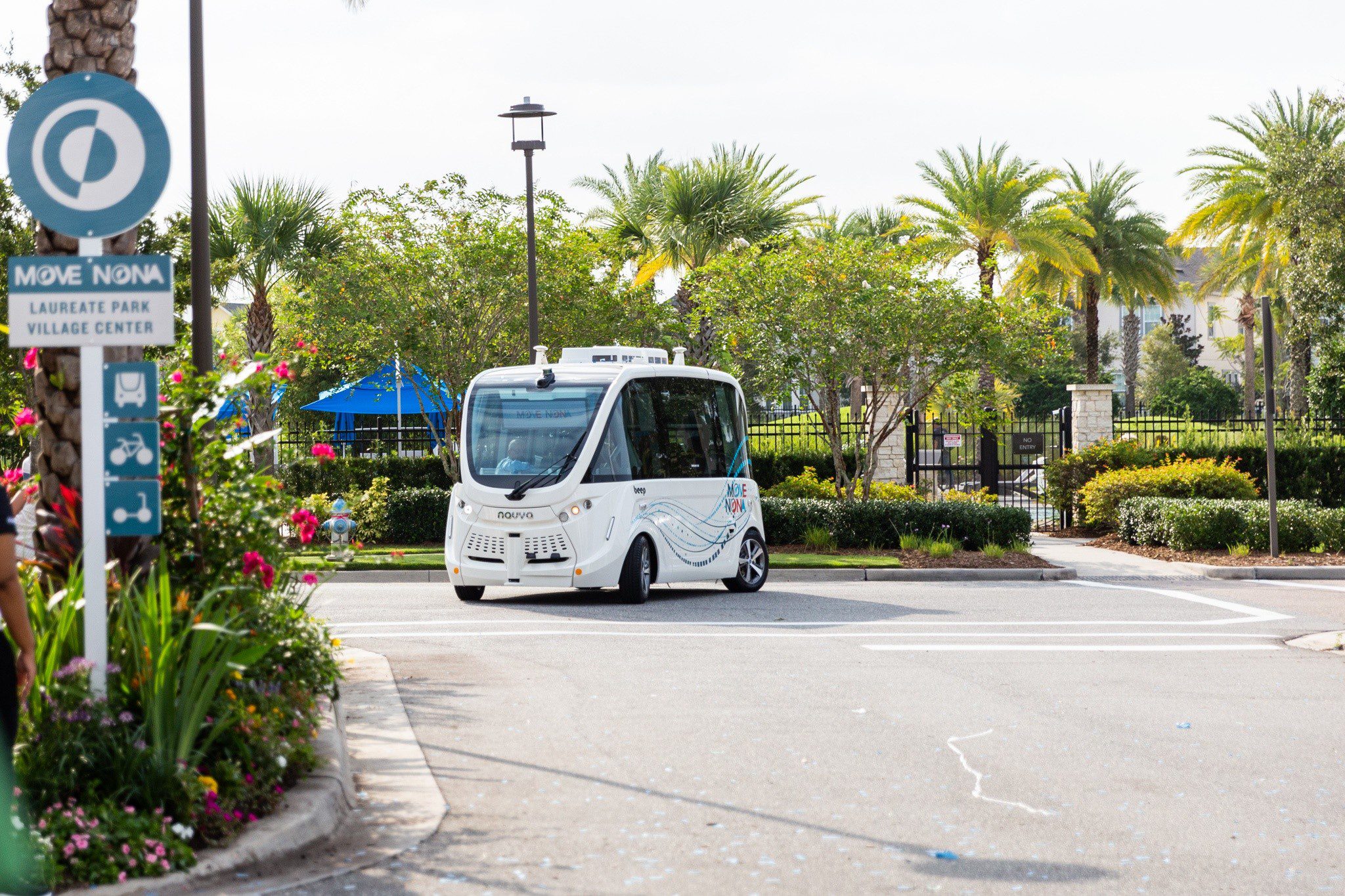Europe-First Zero-Occupancy Autonomous Vehicle Journey On-Road Completed by Oxbotica
Oxbotica, a global leader in autonomous vehicle software, has completed the first safe and sustainable deployment of a zero-occupancy, fully autonomous, new-type electric vehicle on publicly accessible roads in Europe.
The all-electric AppliedEV vehicle, driven by Oxbotica, is operating in Oxford with no on-board driver, marking the next step in commercialising AV technology. The target for the first public on-road business deployment with Ocado Group, with a goods delivery variant, completing customer orders will be from 2023 onwards.

Oxbotica will also now accelerate commercial deployment of autonomous vehicles globally. Working with partners, such as ZF, bp and NEVS, it will enable autonomous passenger shuttles and industry-specific platforms, all driven by Oxbotica’s core product: Oxbotica Driver.
Oxbotica Driver uses a combination of radar vision and laser-based sensors to provide the vehicle with a rich understanding of its surroundings, with multiple AI continuously checking and explaining decisions.This process is a foundational requirement for the safe deployment of zero-occupancy autonomous vehicles and underpins the development of innovative insurance solutions for the future of transportation.
Paul Newman, Oxbotica founder & CTO, said:Oxbotica is changing the way people and goods move. Our goal is to be indistinguishable from perfect on safety, and this achievement alongside our partners is proof of that. It’s a historic moment for the UK, the transport and logistics sector, autonomous vehicle technology, and Oxbotica.
The Company collaborated with the wider autonomous vehicle ecosystem to ensure the trial was conducted in line with the UK Code of Practice 2019, BSI PAS 1881:2020 and PAS 1883:2020.
The landmark achievement follows two years of extensive trials by Oxbotica to define its robust safety case and develop its system architecture, in both off and on-road operations across the UK, Europe and North America.
It is also a significant milestone for the insurance market and the development of insurance solutions for autonomous vehicles as part of the UK’s evolving mobility network. The insurance programme, arranged by broker Marsh and created by Apollo Group’s ibott initiative through its MGA in partnership in the UK with insurer Aioi Nissay Dowa Europe, is the first of its kind in the UK and is tailored specifically for the risks associated with L4 autonomy on open roads.
Investment Minister, Lord Grimstone, said:Oxbotica’s completion of Europe’s first zero-occupancy self-driving vehicle journey on the road is testament to the UK’s world class automotive sector. It is great to see a UK company at the forefront of technology that will deliver safety and convenience for the public.
This exciting development will further strengthen the UK’s reputation as a leading destination to develop and deploy self-driving vehicles, as well as helping grow a sector that will support highly-skilled jobs across the country.
Alex Harvey, Chief of Advanced Technology at Ocado Technology, said:This is a fantastic milestone and we are delighted to see Oxbotica making significant progress towards zero-occupancy goods deliveries. We continue to collaborate closely with Oxbotica and are excited about providing this transformational capability to Ocado Smart Platform (OSP) partners at the earliest possible opportunity.
Gavin Jackson, Oxbotica CEO, concluded:This Europe-first trial positions the UK as the number one destination for autonomous vehicle development and leapfrogs us towards commercialisation and the subsequent economic benefits available in this hyper-growth technology category. Autonomous vehicles will create billions of pounds in new revenues and generate thousands of high-skilled jobs, while helping cities and businesses meet their targets for carbon reductions. Our zero-occupancy, all-electric, fully autonomous prototype is exactly the new-type vehicle that will form the mainstay of the transportation industry for decades to come.
This article was originally published by Oxbotica.






